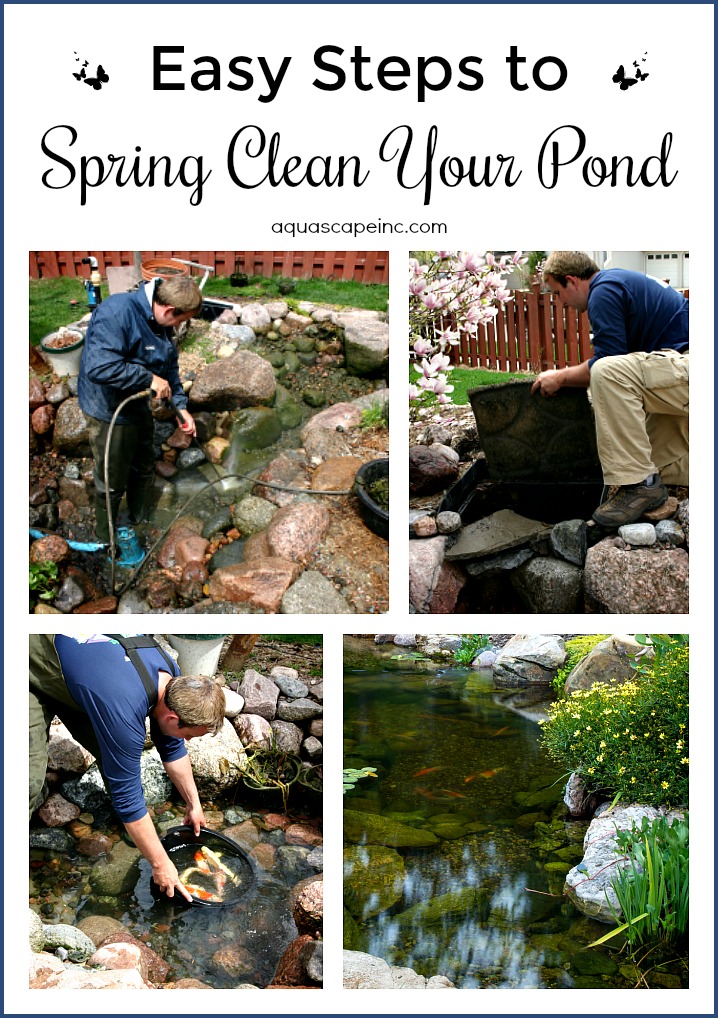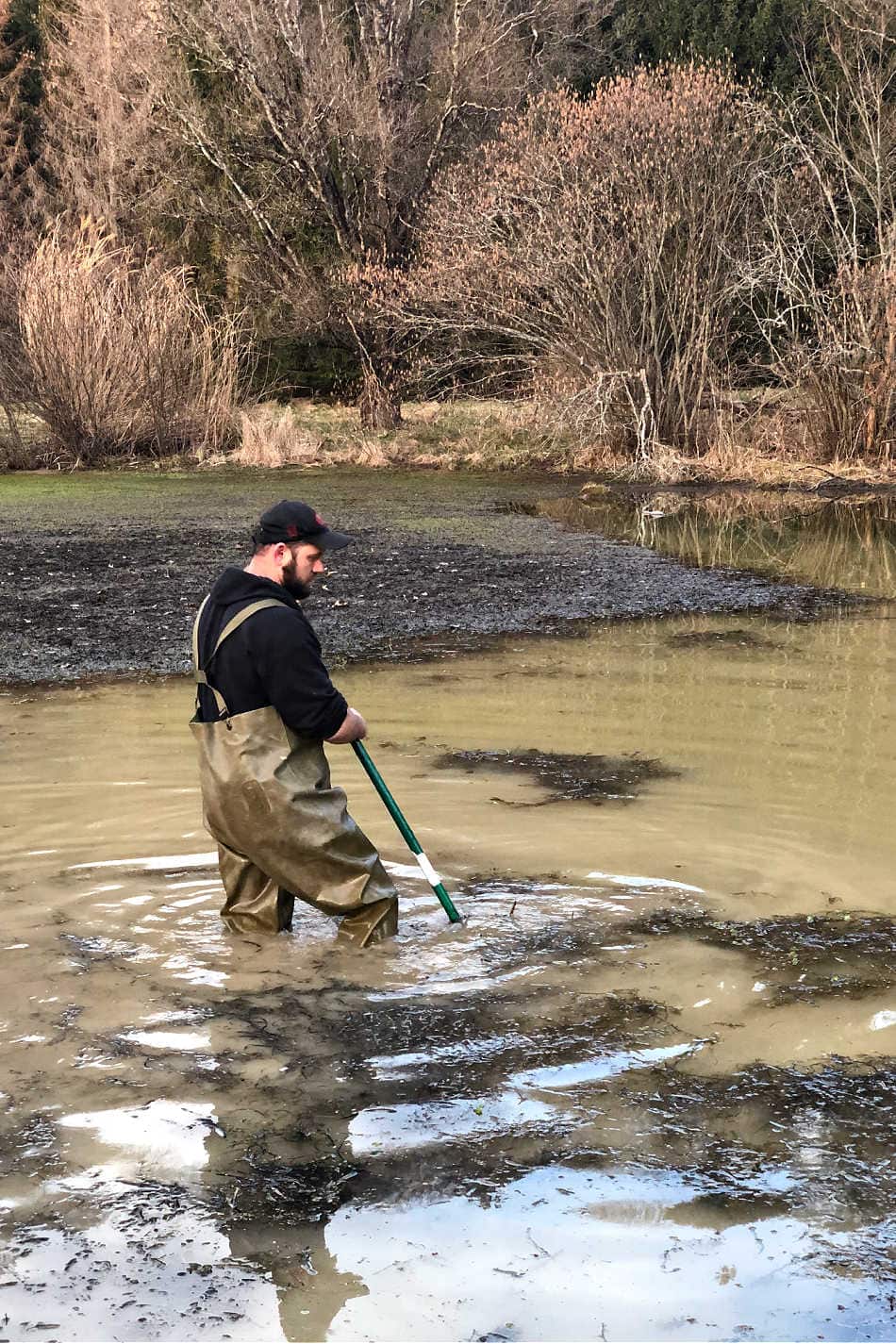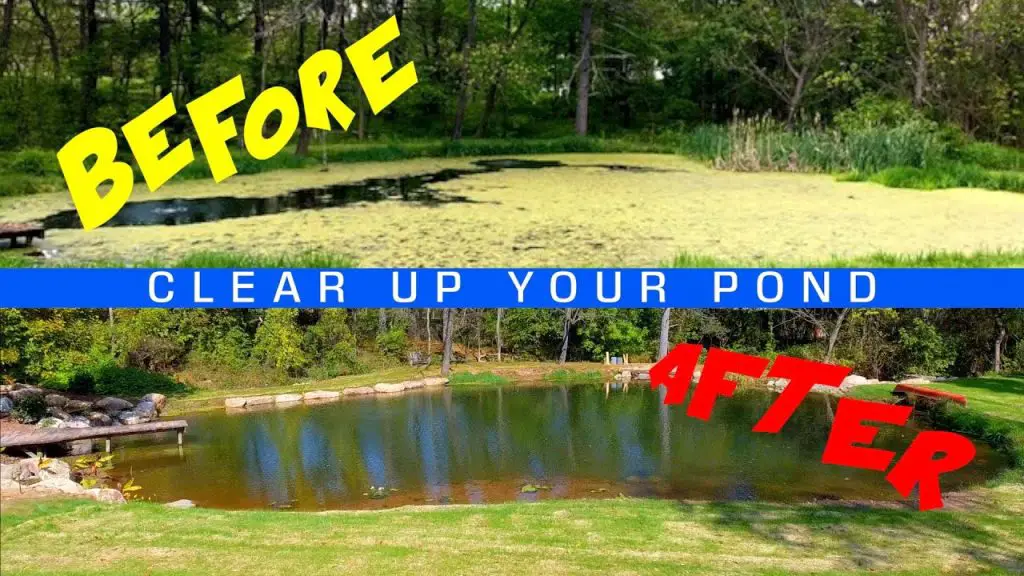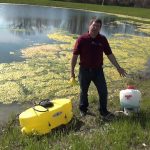Having a pond in your backyard can be a beautiful and relaxing addition to your outdoor space. However, ponds require regular maintenance to keep them clean and healthy for the plants and wildlife that inhabit them. In this comprehensive guide, we will discuss step-by-step instructions on how to clean up a pond effectively.
Step 1: Remove Debris
The first step in cleaning up a pond is to remove any debris that has accumulated on the surface or at the bottom of the pond. Use a skimmer net to scoop out leaves, twigs, and other floating debris. For debris that has sunk to the bottom, you can use a pond vacuum or a rake to remove them.
Step 2: Trim and Remove Overgrown Plants
Overgrown plants can not only make your pond look messy but can also disrupt the balance of the ecosystem. Trim back any plants that have grown out of control and remove any dead or decaying vegetation. This will help improve water circulation and oxygen levels in the pond.
Step 3: Check the Water Quality
Monitoring the water quality of your pond is essential for the health of the plants and fish living in it. Use a water testing kit to check the pH levels, ammonia, nitrate, and nitrite levels in the water. Make any necessary adjustments to ensure the water is within the optimal range for aquatic life.
Step 4: Clean the Filter
The pond filter plays a crucial role in keeping the water clean by removing debris and maintaining water clarity. Regularly clean the filter by rinsing it with pond water or dechlorinated water to remove any dirt and buildup. Replace the filter pads if they are worn out or clogged.
Step 5: Control Algae Growth
Algae growth is a common issue in ponds, especially during the warmer months. To control algae growth, use an algaecide or add beneficial bacteria to the water to help maintain the balance of the ecosystem. You can also introduce aquatic plants that compete with algae for nutrients.

Credit: www.aquascapeinc.com

Credit: growingupherbal.com
Step 6: Balance the Ecosystem
Creating a balanced ecosystem in your pond is crucial for the overall health of the aquatic life. Introduce a variety of plants, such as water lilies and submerged plants, to provide oxygen and shade. Consider adding fish that help control algae and mosquito larvae.
Step 7: Perform Regular Maintenance
To keep your pond clean and healthy, it is important to perform regular maintenance tasks. This includes removing debris, checking water quality, cleaning the filter, and monitoring plant growth. By staying on top of maintenance, you can prevent problems before they escalate.
Conclusion
Cleaning up a pond may seem like a daunting task, but with proper care and maintenance, you can enjoy a beautiful and thriving aquatic ecosystem in your backyard. By following the steps outlined in this guide and staying proactive in your pond care routine, you can create a clean and healthy environment for your plants, fish, and other pond inhabitants.



